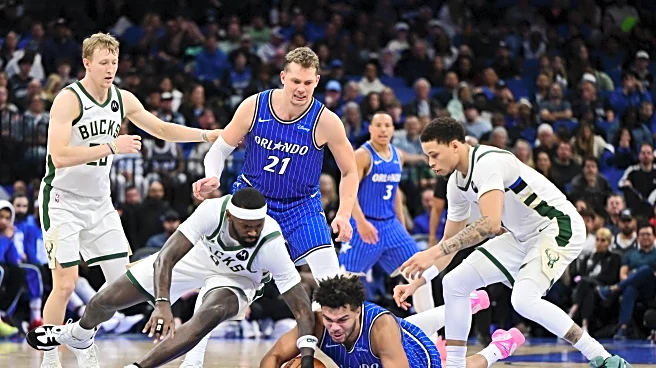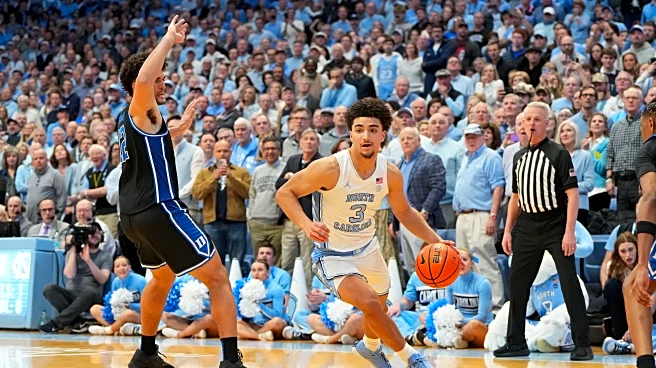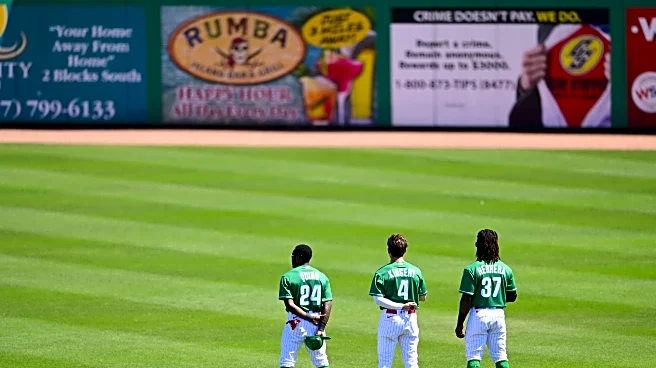Rapid Read • 8 min read
Michael Mack, president of Max Pawn Luxury, has observed a significant shift in consumer habits towards second-hand luxury items. With over 40 years of experience in the luxury resale sector, Mack notes that pre-owned items are increasingly seen as valuable and desirable, rather than mere thrift store finds. His Las Vegas-based business boasts a large collection of pre-owned Hermès Birkin handbags, which have seen remarkable demand across all age groups. Mack emphasizes that younger generations are particularly discerning, seeking both quality and value in their purchases. This trend reflects a broader integration of circular shopping habits into consumer preferences, with pre-owned luxury items being viewed as investments.
AD
The growing interest in pre-owned luxury items signifies a shift in consumer priorities, with younger shoppers focusing on sustainability and value. This trend could have significant implications for the luxury goods market, potentially altering how brands approach production and marketing. As consumers become more informed about the environmental impact of their purchases, the demand for sustainable and ethical options is likely to increase. Businesses in the luxury sector may need to adapt by offering more resale opportunities and emphasizing the longevity and investment potential of their products. This shift could also influence pricing strategies and the overall perception of luxury goods.
As the trend towards pre-owned luxury continues to grow, businesses like Max Pawn Luxury may expand their offerings to meet increasing demand. The luxury resale market could see further innovation, with companies exploring new ways to authenticate and market pre-owned items. Additionally, traditional luxury brands might consider entering the resale market themselves, either through partnerships or by developing their own platforms. This could lead to a more competitive landscape, with consumers benefiting from a wider range of options and potentially lower prices. Stakeholders in the luxury industry will likely monitor these developments closely to adapt their strategies accordingly.
The rise of pre-owned luxury items also raises questions about consumer culture and the perception of status. Owning a vintage luxury item, such as a Hermès Birkin bag, is increasingly seen as a symbol of sophistication and environmental consciousness. This cultural shift may influence broader societal attitudes towards consumption and materialism, encouraging more sustainable practices. Additionally, the luxury resale market could contribute to reducing waste and promoting circular economies, aligning with global efforts to address environmental challenges. As this trend continues, it may inspire further changes in how consumers and businesses approach luxury and sustainability.
AD
More Stories You Might Enjoy











